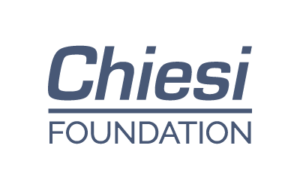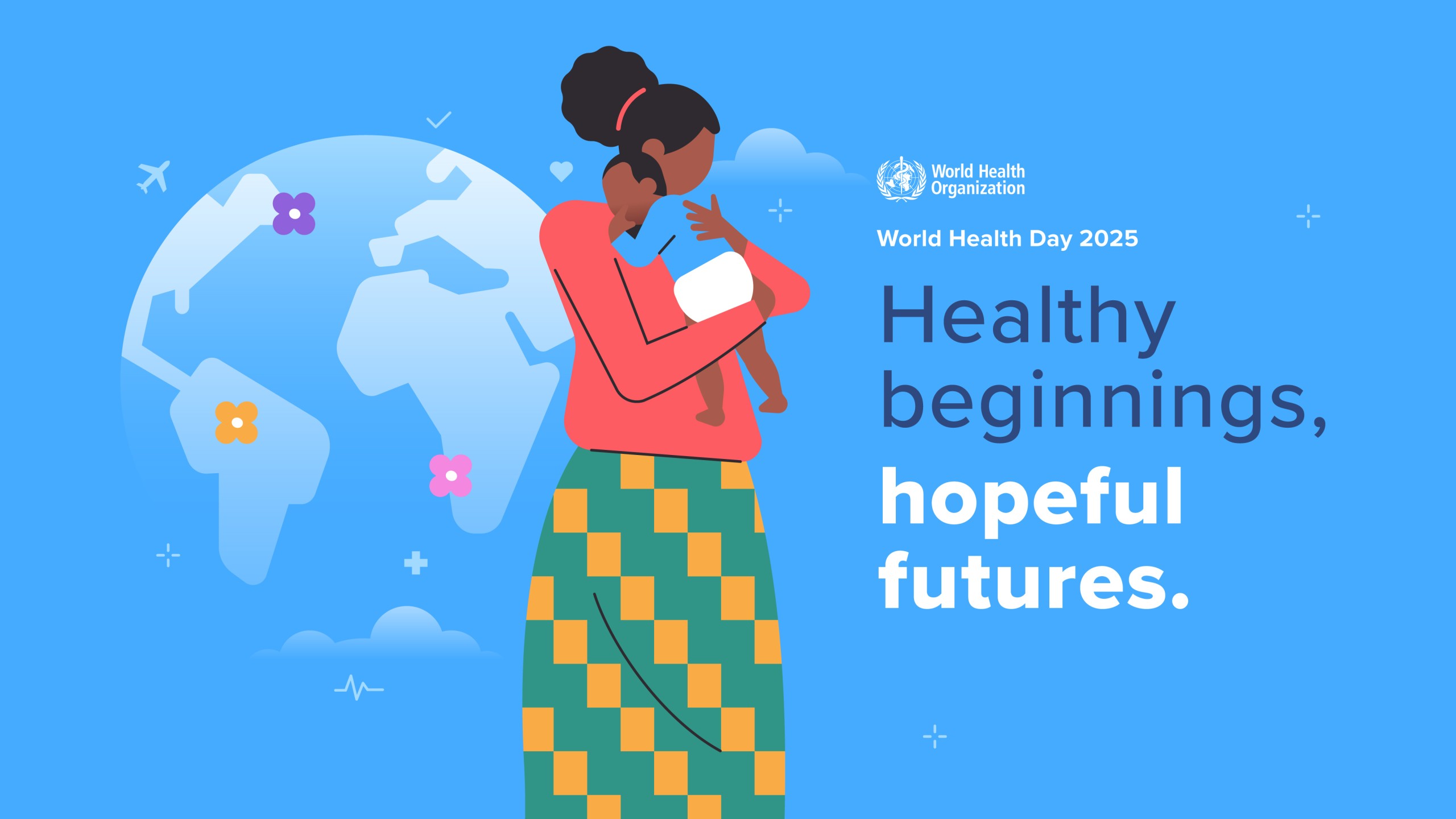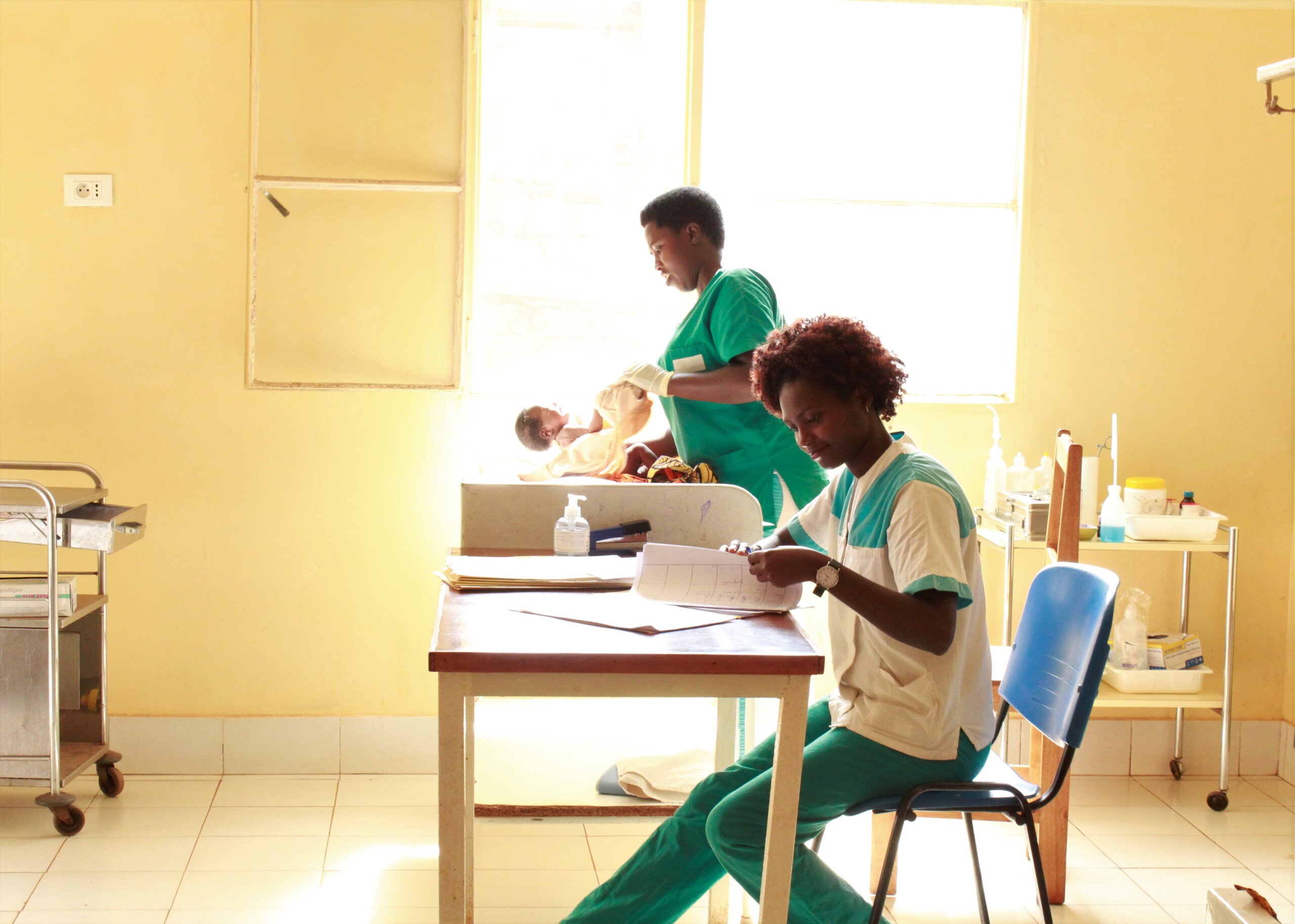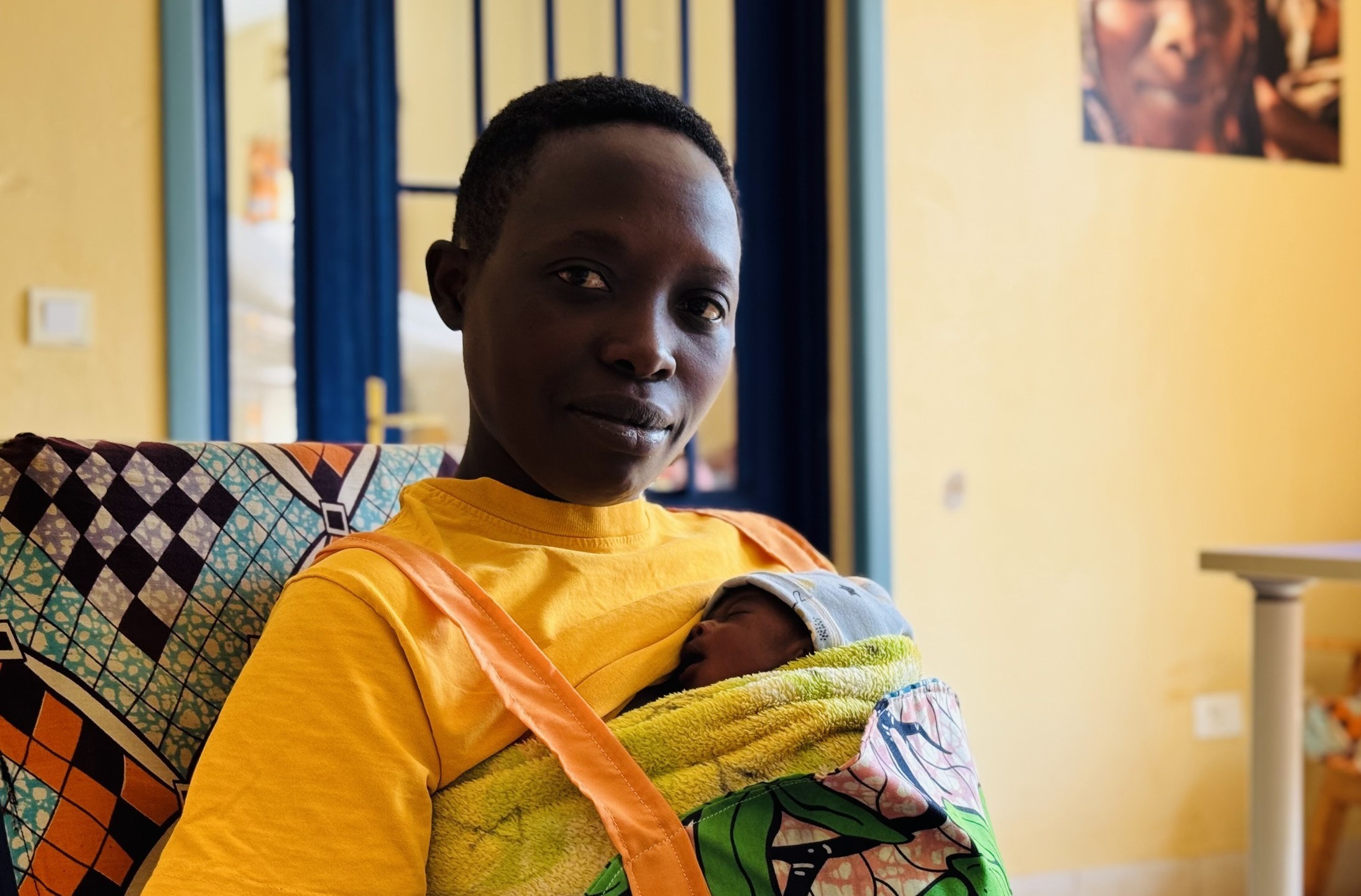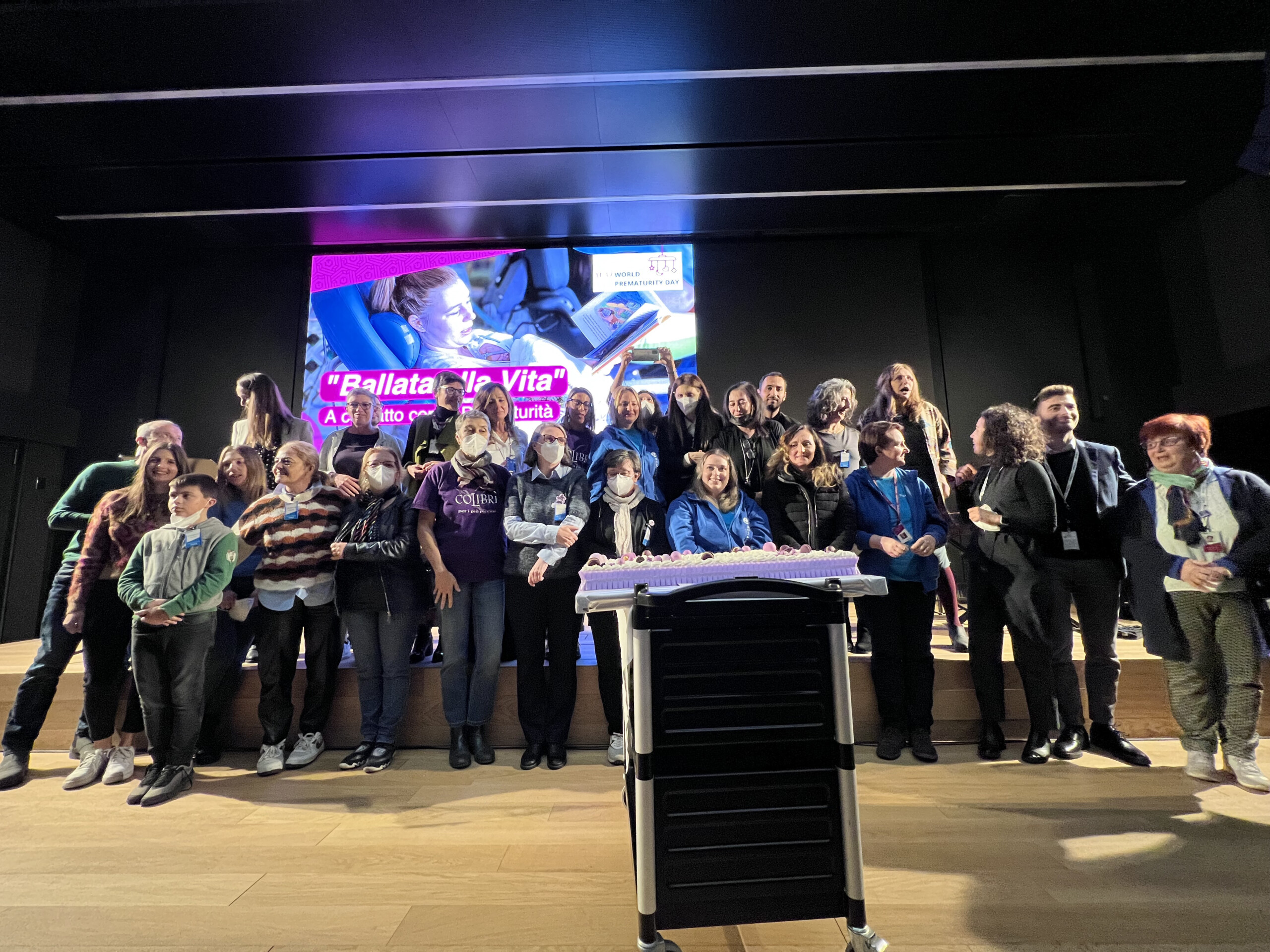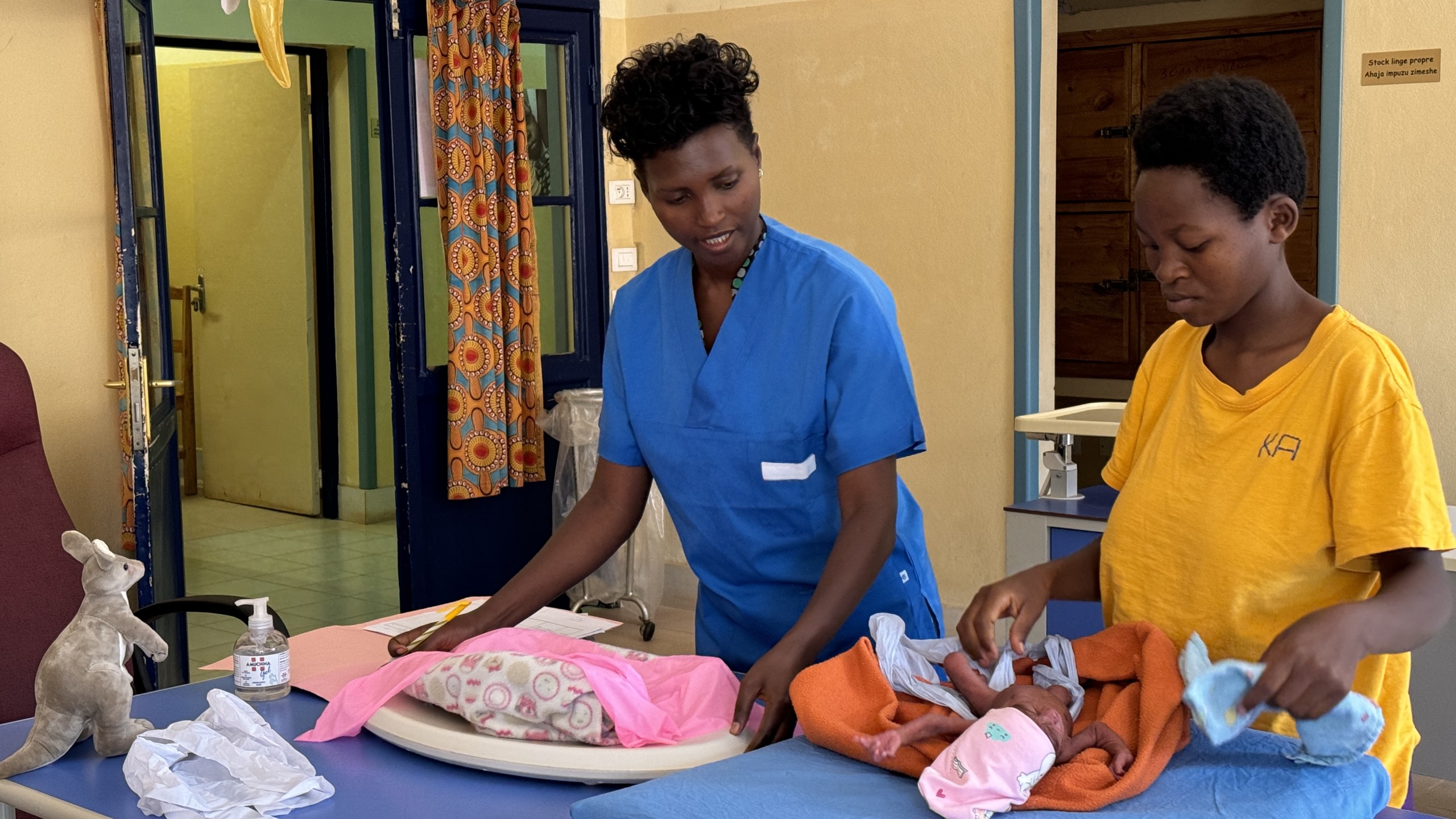by Lorenza Picco
Share
WHO Campaign: “Healthy Beginnings, Hopeful Futures”
On World Health Day 2025, the World Health Organization (WHO) is launching the global campaign Healthy beginnings, hopeful futures, dedicated to maternal and newborn health. This initiative aims to raise awareness among governments, institutions, private entities, and healthcare professionals about the urgency of reducing preventable maternal and newborn deaths and prioritizing women’s long-term health and well-being.
Concerning Data on Maternal and Newborn Health
WHO highlights concerning global statistics on maternal and newborn health. Each year, nearly 300,000 women lose their lives due to pregnancy or childbirth, while over 2 million babies die in their first month of life, and around 2 million more are stillborn.
The United Nations 2030 Agenda for Sustainable Development calls for a joint commitment from all Member States to achieve specific goals. Goal 3 – Ensure healthy lives and promote well-being for all at all ages – includes two key targets to be met by 2030:
- Target 3.1: reduce the global maternal mortality ratio to less than 70 per 100,000 live births.
- Target 3.2: end preventable deaths of newborns and children under 5 years old, with all countries aiming to reduce neonatal mortality to at least as low as 12 per 1,000 live births and under-5 mortality to at least as low as 25 per 1,000 live births.
However, current trends are concerning, and we risk failing to meet these objectives: if we don’t intensify our efforts, 4 out of 5 countries will not meet targets for improving maternal survival by 2030, and 1 in 3 will not succeed in reducing newborn deaths.
The Healthcare Gap Between Global North and South
Reversing this trend requires a global commitment to ensuring equitable access to high-quality care, especially in the Global South, where the majority of maternal and newborn deaths occur. In Sub-Saharan Africa, newborn survival rates differ significantly from those in other parts of the world. In 2022, this region recorded the highest neonatal mortality rate in the world: approximately 27 deaths per 1,000 live births. Here, a baby is 11 times more likely to die in the first month of life than a baby born in Australia or New Zealand. Sub-Saharan Africa also has the highest fertility rate globally, with an average of 4.6 children per woman, compared to 1.4 children per woman in Europe.
These figures reflect the deep disparities between the Global North and South, highlighting severe inequalities in access to maternal and newborn healthcare. The lack of adequate healthcare facilities and the shortage of qualified personnel remain major obstacles for millions of mothers and newborns. Strengthening investments in healthcare infrastructure and personnel training is crucial to ensuring that childbirth is no longer a matter of survival.
WHO’s Action Plan: More Investments and High-Quality Care
Addressing this crisis requires not only an increase in funding for obstetric and neonatal care, but also long-term investments in maternal health, including postpartum support and the prevention of non-communicable diseases.
WHO emphasizes the importance of personalized healthcare, placing women’s needs at the center – before, during, and after childbirth. In this regard, the EWENE program – Every Woman Every Newborn Everywhere, developed by WHO in collaboration with UNICEF and UNFPA, aims to improve equity and quality of care for pregnant women, new mothers, and newborns in the Global South. The program focuses on five key areas: antenatal care visits to reduce the risk of complications and stillbirths; postpartum care, which can prevent up to 30% of maternal deaths and ensure both mother’s and baby’s well-being; specialized care for premature and sick babies; emergency obstetric services to prevent deaths during labour; protection of women’s sexual and reproductive rights, addressing gender inequalities.
If effectively implemented, these measures will not only significantly reduce maternal and neonatal mortality rates, but they will also empower women to build a healthier future for themselves and their children.
Chiesi Foundation’s Commitment
To face this public health emergency, Chiesi Foundation is actively working to improve access to quality maternal and neonatal care in vulnerable countries of the Global South. Through the NEST Model – Neonatal Essential Survival Technology, the Foundation aims to reduce neonatal mortality and morbidity by improving the quality of care for premature and low-birth-weight newborns in French-speaking Sub-Saharan African countries. The NEST Model is based on four key pillars: training local healthcare professionals, creating adequate healthcare infrastructure, improving data quality and advocacy activities. The model is tailored to the specific needs of each country where the Foundation works, including Benin, Burkina Faso, Burundi, Côte d’Ivoire, and Togo.
The Kangaroo Care (KC)
One of the key interventions supported by the Foundation is the Kangaroo Care (KC), a practice that promotes skin-to-skin contact between a parent and a newborn, improving the baby’s thermoregulation, nutrition, and psychological well-being. Recognized by WHO as an essential caring strategy for premature and low-birth-weight babies, the KC is especially effective in resource-limited settings, as it requires no advanced technology, but instead relies on the active involvement of healthcare personnel and families.
Family-Centered Care
Alongside the Kangaroo Care, the NEST Model also promotes family-centered neonatal care, based on the “Zero Separation” principle between a mother and her baby, ensuring continuity of care and strengthening the parent-child bond. This approach allows families to assist healthcare personnel in providing basic nursing care and to participate in medical decision-making regarding their baby’s treatment.
Our Work in Burundi at the Ngozi Hospital
In Burundi, neonatal care faces significant challenges, with high neonatal mortality rates due to premature births, infections, and perinatal complications. In partnership with Amahoro pro Africa, Chiesi Foundation is implementing the NEST Model at the Ngozi Regional Hospital to improve neonatal care in resource-limited settings.
Progress achieved through these programs is reflected in direct patient experiences. A striking example is the story of a family with twin girls, who, thanks to the support and care of Ngozi Hospital staff, adopted the Kangaroo Care:
“Today, our daughters are two years and seven months old. They are intelligent and can count. We are very happy with their progress, and no one would believe they were born premature.“
These stories demonstrate how initiatives like the Kangaroo Care can make a life-changing difference for families, particularly in the Global South.
Spreading the Message of World Health Day 2025
World Health Day is celebrated annually on April 7, marking the date of the first WHO Assembly in 1948. This occasion aims to promote global health and raise awareness about critical healthcare issues, ensuring protection for the most vulnerable and fostering well-being for all, everywhere. Over the past 50 years, this international day focused on major global health challenges, including mental health, maternal and newborn care, and climate change.
The 2025 edition is an opportunity to raise awareness about maternal and newborn health and emphasize the urgent need to reduce preventable deaths through quality care, targeted investments, and psychological support. Join our mission to ensure better care for mothers and their babies, giving them the opportunity for a healthy future, regardless of where they are born.
Further Readings
For more information on World Health Day 2025, visit the official World Health Organization (WHO) website.
